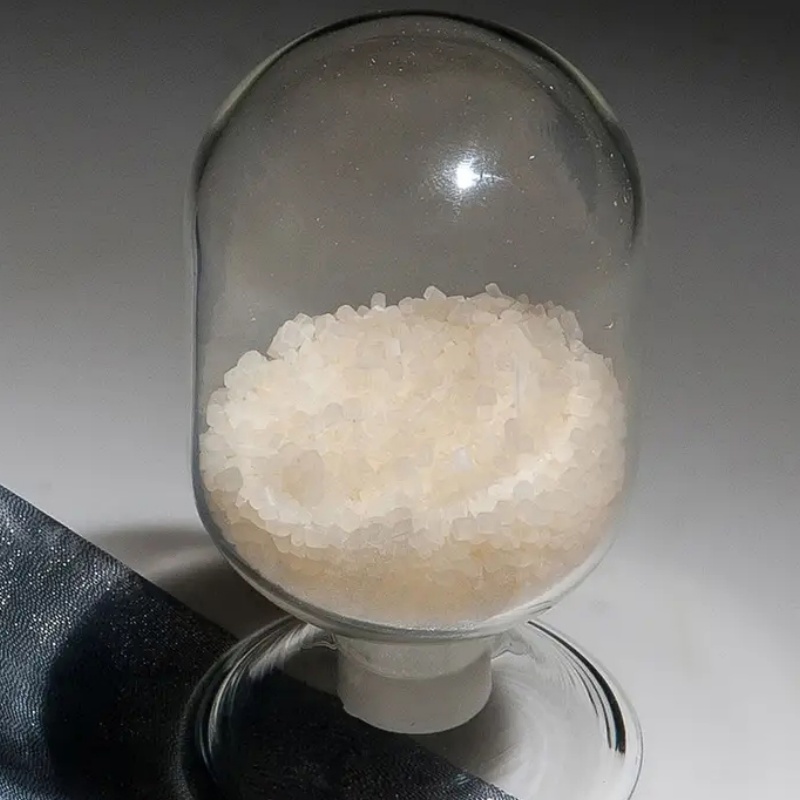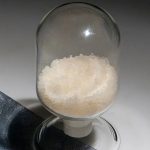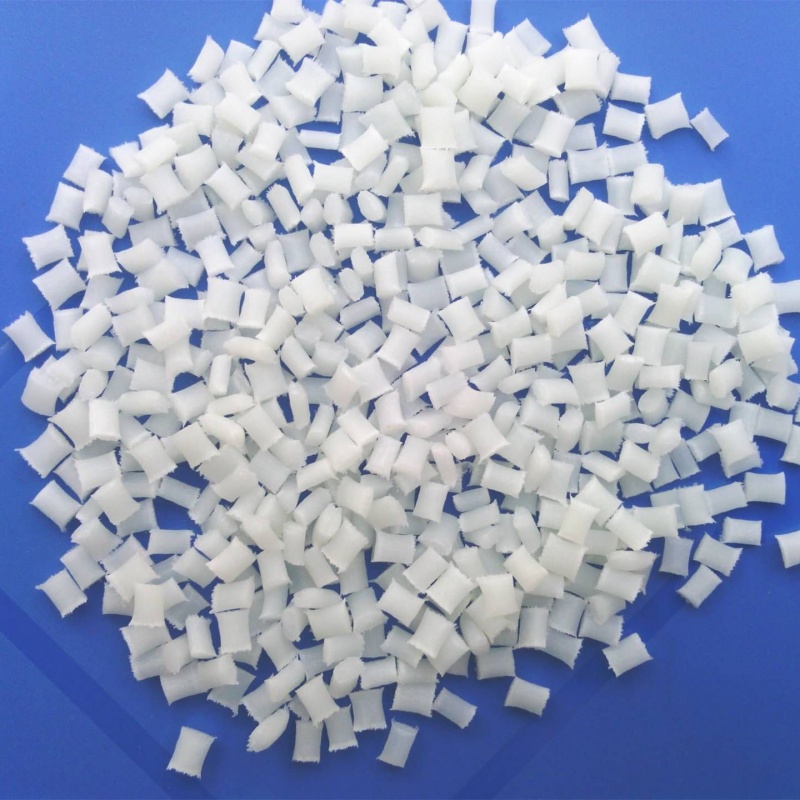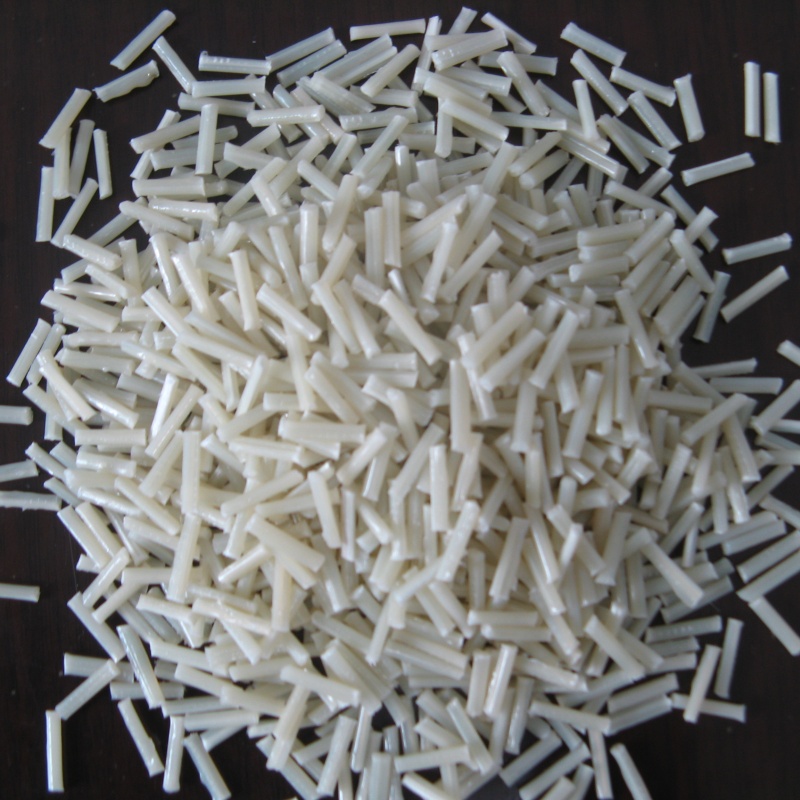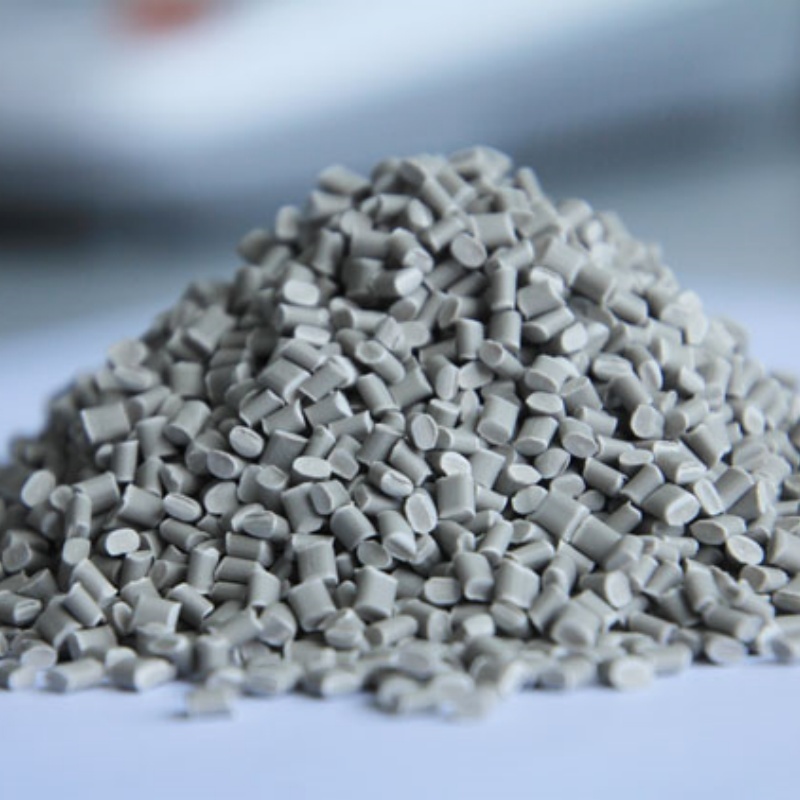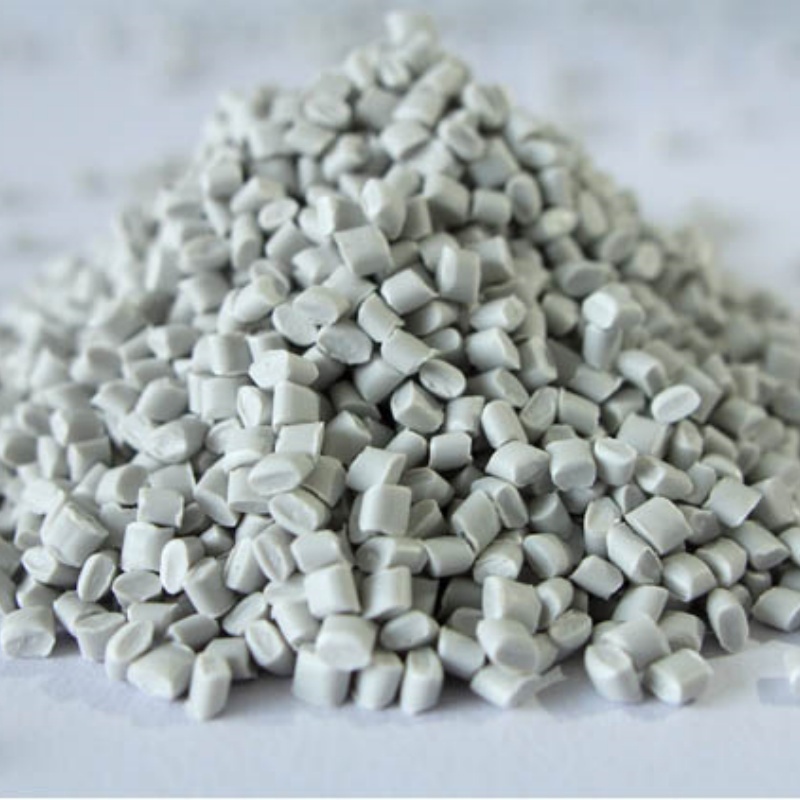Poly(Lactic Acid-co-Polycaprolactone) (PLA-co-PCL) is a biodegradable copolymer offering enhanced flexibility, excellent biocompatibility, and superior processing efficiency. Designed for medical, packaging, and industrial applications, it ensures sustainability, durability, and reliable performance.
Product Overview
Poly(Lactic Acid-co-Polycaprolactone) (PLA-co-PCL) is a biodegradable copolymer synthesized from lactic acid (PLA) and caprolactone (PCL). This material combines the biocompatibility of PLA with the flexibility and adjustable degradation rate of PCL, offering versatile applications in biodegradable packaging, medical devices, and drug delivery systems. Its adjustable molecular weight and excellent physical properties make it suitable for a wide range of industries.
Key Features
- Adjustable Molecular Weight: The molecular weight can be tailored between 5,000 and 300,000 to meet various application requirements.
- Excellent Biodegradability: The copolymer is biodegradable both in the environment and in the body, making it an eco-friendly material.
- Low Heavy Metal Content: Complies with YY/T 0661-2008 standards, ensuring product safety with minimal toxic contaminants.
- Good Biocompatibility: Ideal for medical applications with good biocompatibility, suitable for long-term contact with human tissue.
Applications
- Drug Delivery Systems: Used as a biodegradable drug carrier to control drug release rates and enable targeted drug delivery.
- Medical Devices: Widely applied in surgical sutures, implants, and tissue engineering applications.
- Biodegradable Packaging Materials: Serves as an environmentally friendly alternative to conventional plastics in food and consumer product packaging.
- Biomedical Applications: Potential use in biodegradable sensors, tissue repair, and regenerative medicine.
 new material
new material

